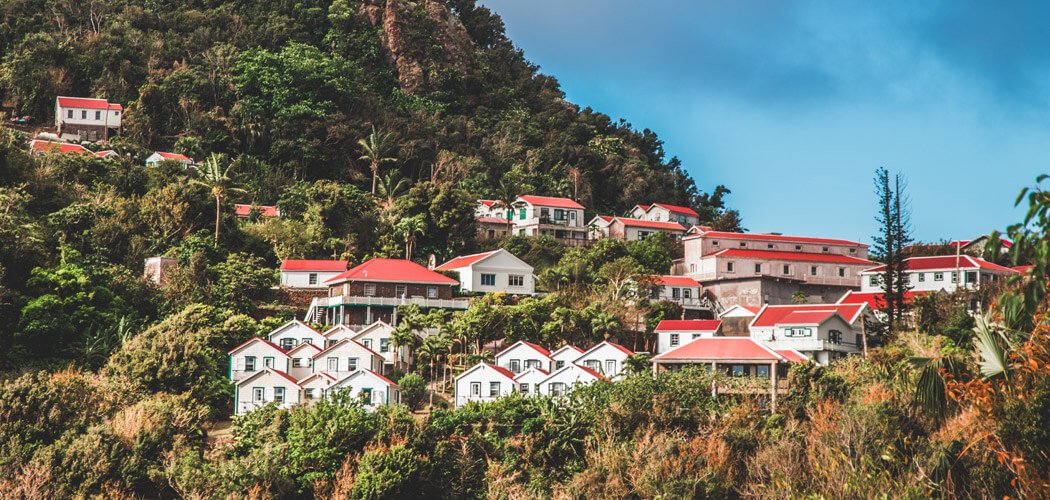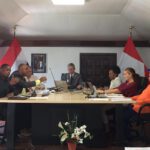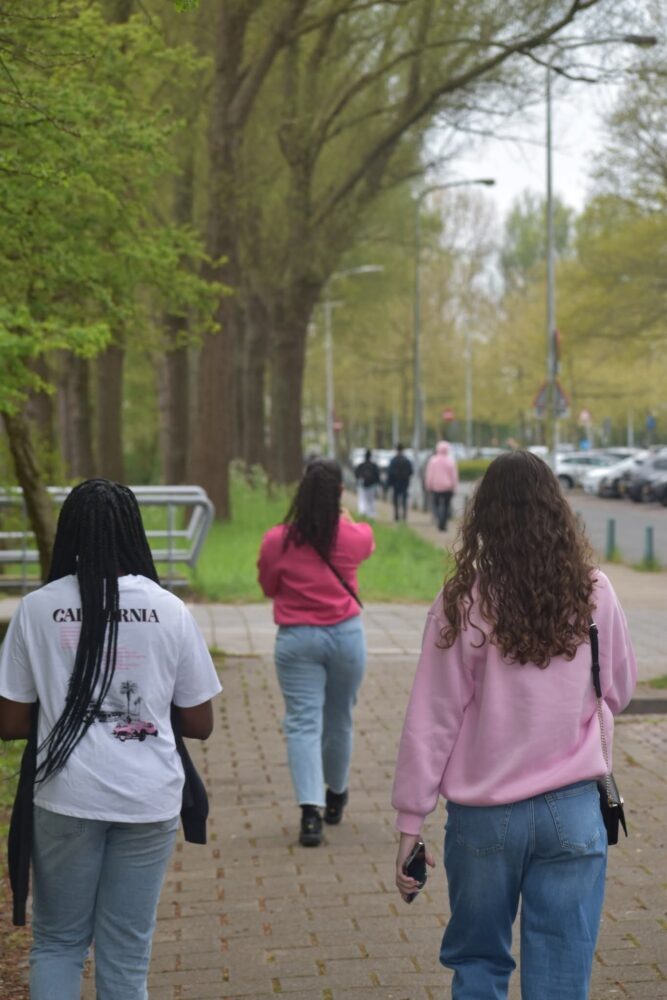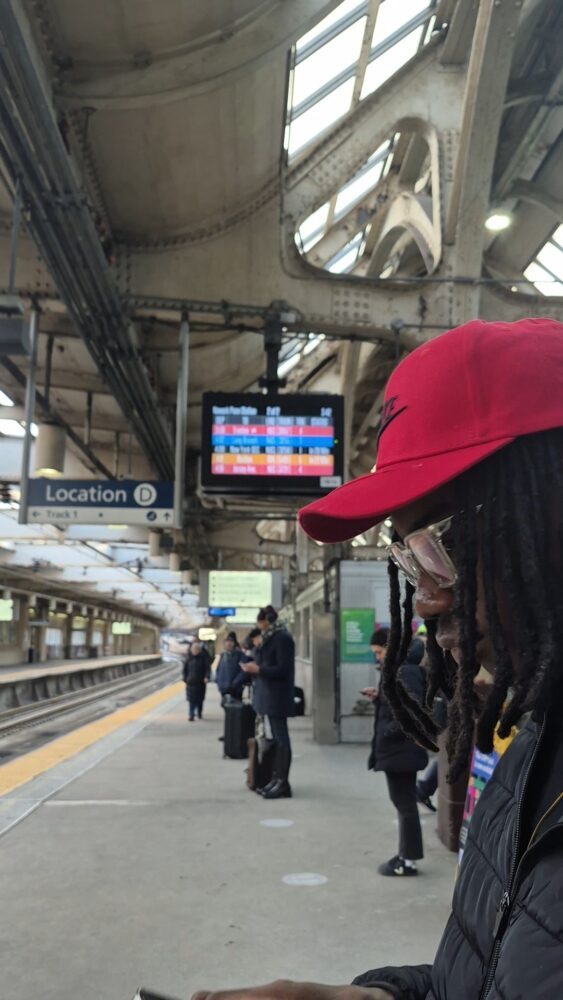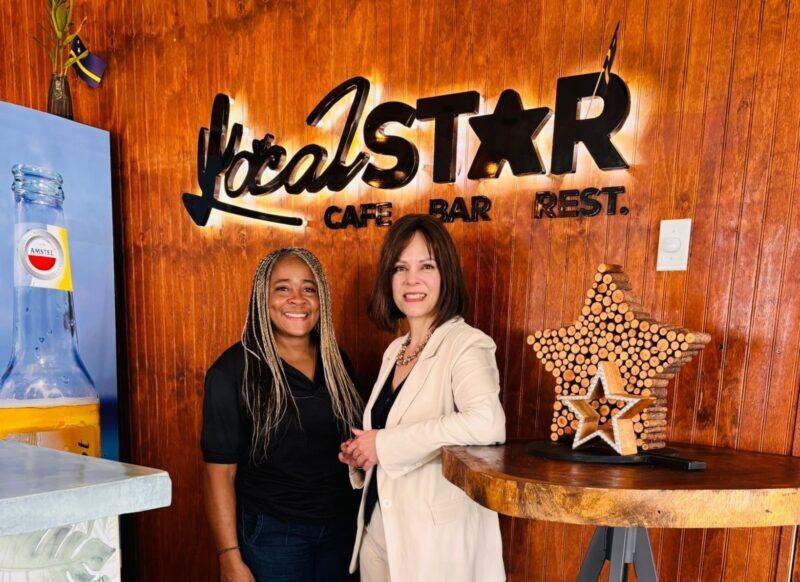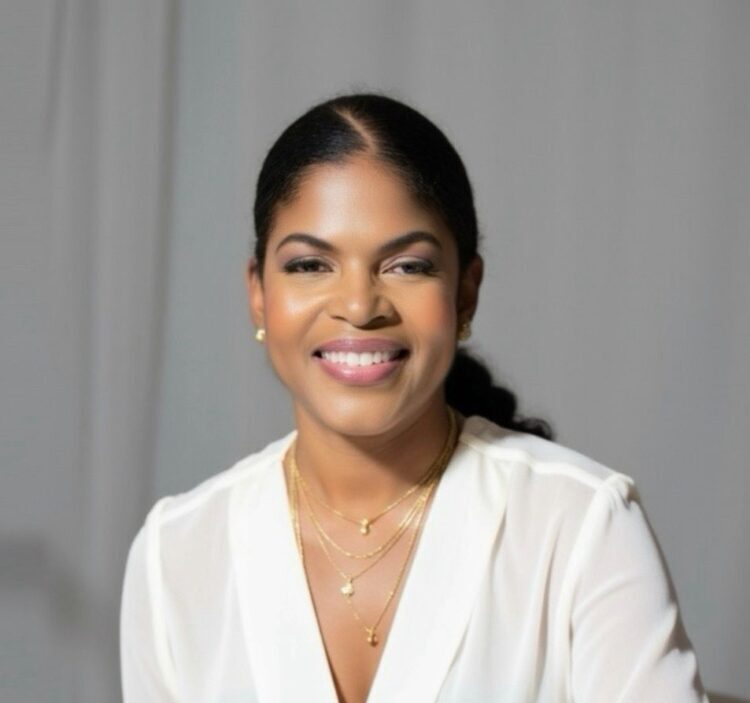THE BOTTOM – “There has been an ongoing discussion which we are still having with Saba about the free allowance (vrije uitkering). But that’s totally different than hanging Saba out to dry”, reacts state secretary Raymond Knops (Kingdom Relations) after the alarm was sounded for yet another time about the precarious state of the government finances.
For the first time since becoming a special municipality of the Netherlands in 2010, Saba is in the red (with a deficit of 621 thousand dollars over 2019). For years the Netherlands toted Saba as a success story because it had a balanced budget, contrary to the other five islands.
This all happened while the island government has been complaining from the start that they could barely make do with the money (free allowance) they received from the Netherlands to complete their tasks. Additionally the situation has deteriorated because the island government has gotten more responsibilities which it has to carry out which means that they structurally need more funds. Tasks which include public health initiatives, social affairs, and public order.
Bare bones budget
Saba is not the only one to reach this conclusion. Previous investigations into the free allowance for the island (and also those given to Bonaire and Statia) have indicated that the amount is not enough and the supervisor, the Cft, has repeatedly issued warnings as to the consequences.
Last November the entire island council left the 2020 budget debate in protest to emphasize that these bare bones budgets are no longer workable. They hoped to send a signal to The Hague, but the message wasn’t received. The council is now, once again, making an appeal to their colleagues in Parliament to try to ensure that the Dutch government will structurally send more money to the island.
Drawback of Saba’s success
The Finance Commissioner, Bruce Zagers had this to say about the drawback of Saba’s success: “If Saba had not been such an over-achiever, maybe the Netherlands would’ve seen the need to come up with structural financial changes earlier. Saba’s successes can now be seen in a government deficit.”
The Netherlands does invest in Saba, but usually through incidental funding in individual projects. Like has happened with the new harbor, which will cost tens of millions of dollars. Besides that the island can receive interest free loans to finance projects. But as Zagers explains: “We notice that projects on the other islands get financed by subsidies. While we will have the repayments of the loans on the books for years.”
Additionally the government doesn’t have enough revenue streams. “We don’t have a bunkering facility like on Statia or a tourist infrastructure like Bonaire which would help us to generate enough income.”
Knops: a lot of investments
While the discussion about the free allowance has been ongoing for years without a resolution, Knops doesn’t believe that the Netherlands has hung Saba out to dry: “This is completely different. There isn’t a single island which has received more investments during the past few years, at least not as long as I have been state secretary. We’re in talks about that (free allowance, ed.). I’ve received a letter about this and I will react to it.”




